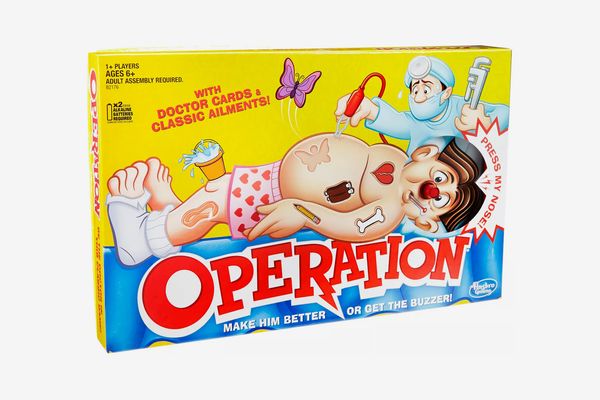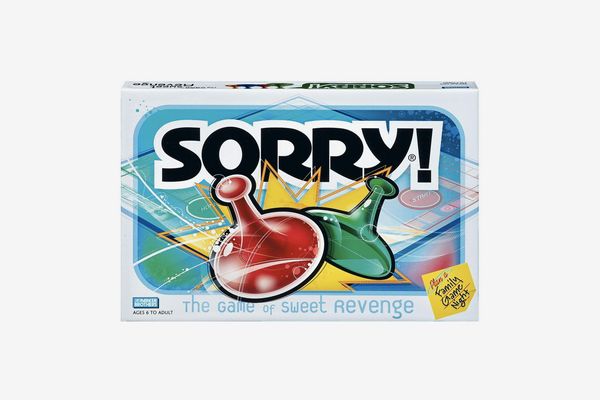The Ultimate Guide to Choosing the Best Board Games for Kids
The Ultimate Guide to Choosing the Best Board Games for Kids
Blog Article
Best Board Games for Kids That Boost Creativity and Critical Thinking
Board games have long been a staple of household leisure, providing possibilities for cultural connection, proper thinking, and creativity. With countless possibilities, choosing the best easy board Games for Kids could be a overwhelming task. That information traces important facets to think about when choosing the best board games to make certain both enjoyment and developmental benefits.

Era Appropriateness
One of the first criteria when choosing a game is the age of the kids who is likely to be playing. Board games are often made with particular age groups at heart, taking into account the cognitive and social skills normal of those ages. Try to find age tips on the packaging or product information to make sure that the overall game suits your child's developing stage. Activities designed for younger children usually function easier rules and smaller playtimes, while these for older kiddies may possibly include more complicated methods and lengthier durations.
Academic Price
Many board games provide academic benefits, supporting young ones build crucial skills whilst having fun. When choosing a game, consider what abilities it promotes—be it critical considering, mathematics, reading, or social interaction. Games that require counting, punctuation, or strategy can bolster class understanding in a lively environment. Parents and educators often appreciate activities that blend amusement with understanding, creating them a great choice for equally playtime and instructional reinforcement.
Group Measurement and Relationship
Board games range somewhat with regards to the amount of participants they accommodate. Some activities were created for two players, while others may include large groups. Contemplate the conventional playgroup measurement when selecting a game. If you usually sponsor gatherings or family game days, look for activities that will provide more players to inspire conversation and teamwork. Furthermore, evaluate the level of cooperation versus competition within the game. Cooperative activities, where people work together toward a typical aim, can foster teamwork and conversation skills, while aggressive activities may train healthy competition.
Play and Complexity
The period of gameplay may somewhat affect your family's enjoyment. Some children have faster attention spans, making fast activities more appealing, while the others may possibly succeed in longer, more immersive experiences. Determine the common playtime indicated on the box and consider your children's preferences. Complexity is yet another crucial factor; young children may benefit from simpler rules, while older kids may appreciate the task of more complicated mechanics.
Subjects and Pursuits
Young ones tend to be interested in games that align with their pursuits, whether that is illusion, adventure, or history. Selecting a casino game with a theme that resonates with your son or daughter can improve their proposal and enjoyment. Browse through the game's parts, art, and premise to ensure it catches their imagination.

Conclusion
Selecting the best board games for kids requires a thoughtful consideration of age appropriateness, academic value, party dynamics, play, complexity, and particular interests. By maintaining these facets in mind, you can choose activities that not only entertain but additionally donate to your child's growth and foster cherished family memories. With the best board games , family game nights may become a well liked tradition filled with fun and learning. Report this page